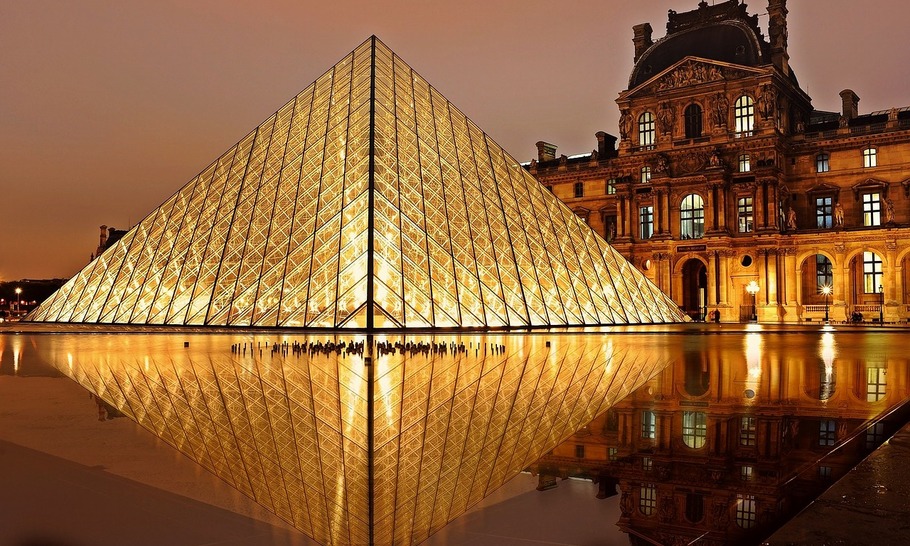Da Vinci's quincentenary commemorations prove Europe is in disarray

It would be hard to think of a better symbol of European civilisation than Leonardo da Vinci. The original Renaissance man ended his days at the court of the French king and the Louvre still has the most important collection of his paintings. So it makes sense for that great repository of European art to host a grand exhibition to commemorate Leonardo’s quincentenary. Europe may not get its act together in the political sphere, but surely it can stage a decent show in honour of one of the greatest polymaths in history.
Except that the Italians don’t see it that way. Their culture minister, Lucia Borgonzoni, protests that holding the exhibition in France would “put Italy on the margins of a major cultural event” and a source at her ministry reminds us that “Leonardo was Italian, after all”.
This is true, but only up to a point: Italy did not exist as a unified state until three and a half centuries after the artist’s death. He would have been baffled by the row over ownership of his surviving works. It is also true that the French invaded the Italian peninsula many times over those centuries: Napoleon Bonaparte (himself partly Italian in origin, as his name suggests) was only the last of several French monarchs to use Italy as a battleground. (The same fate was suffered by Germany, another divided nation.)
The Louvre, a former royal palace, owns so much of Europe’s heritage in part because of the loot that French conquerors brought back in triumph. Within living memory, Mussolini took revenge on a defeated France in 1940 by helping himself to a few Alpine towns along a Franco-Italian border that has been disputed since time immemorial. Recently Luigi Di Maio, leader of the Five Star Movement, openly encouraged the French gilet jaunes in their protests against President Macron —an unfriendly act that would be unthinkable for a leading British politician.
No wonder, then, that the nationalist government is unhappy about Italian museums lending their pictures. The German director of the Uffizi Galleries in Florence has ruled out lending their three Leonardos, pointing out that the Louvre never allows its own Mona Lisa to travel. All these paintings, like any Renaissance works of art, are indeed fragile. Yet our own National Gallery is happy to lend The Virgin of the Rocks and the Queen is expected to lend some of her collection of Leonardo drawings, the greatest in the world.
In the realm of sharing our common cultural heritage, then, it turns out that the British are better Europeans than the Continentals. Sir Charles Saumarez Smith, who has run both the National Gallery and the Royal Academy, is rightly critical of the Italians for deliberately allowing the Leonardo anniversary to be stymied by “nationalist politics”. But what about Brexit? The British are certainly capable of distinguishing between membership of a European political union and participation in European civilisation. Are our partners prepared to make that distinction, though?
At present, it looks as though on many cultural levels, from joint scientific projects to institutional cooperation in academic or artistic fields, the EU is playing hardball. Britain must be excluded because, as Michel Barnier and his colleagues in Brussels endlessly reiterate, we cannot have our cake and eat it. If a country that leaves the EU could still enjoy some of the benefits of membership, then others —including perhaps Italy under its present coalition of the Five Star Movement and the League — might be tempted to follow the British example.
The inevitable conclusion from all this is that Europe is in a state of disarray unprecedented since the end of the Cold War thirty years ago. Reasonable people may disagree about how the UK should respond: try to help put out the fire, or leave the burning building while we can. But there is no point pretending that Brexit is the main cause of disruption. And there is no point in suppressing strong feelings because that would “unleash demons”. We Europeans — for Britain will always remain part of European civilisation— will never resolve our conflicts unless we are open and honest with one another, allowing free rein to patriotism and democracy. The Franco-Italian dispute over Leonardo is a test of just how European the European Union really is.





